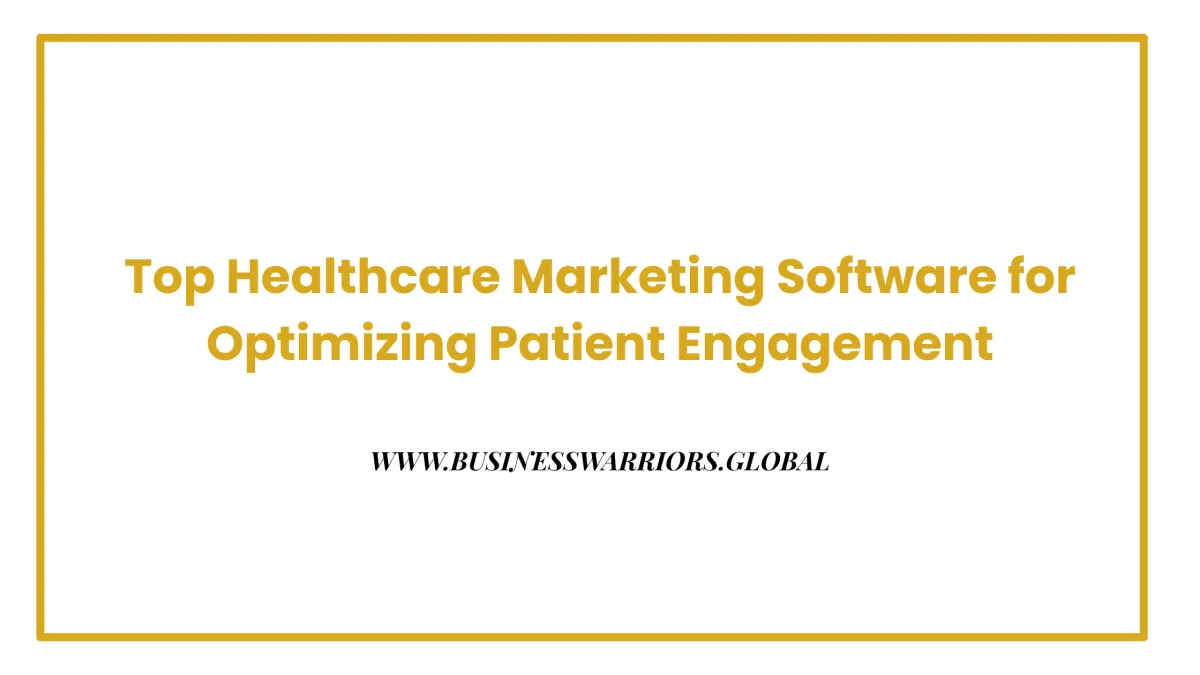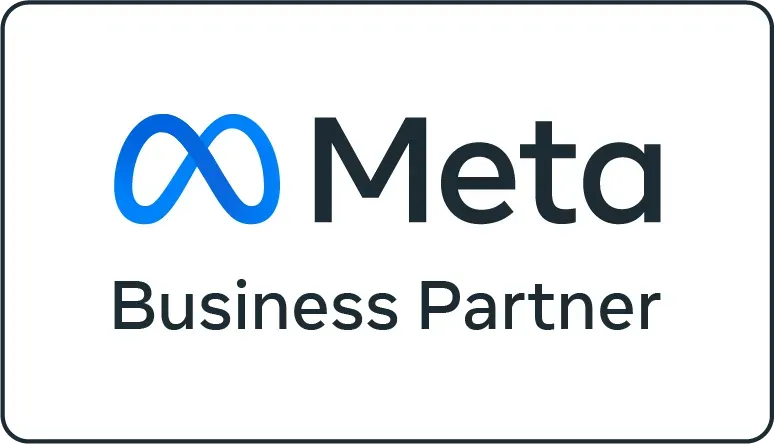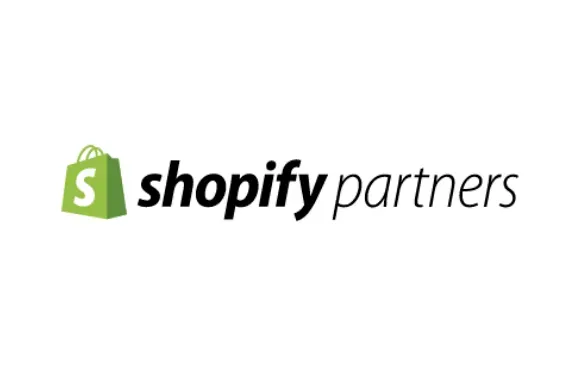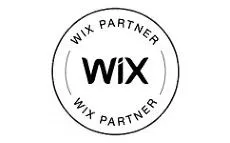Blog

Top Healthcare Marketing Software for Optimizing Patient Engagement
\
Introduction to Healthcare Marketing
Healthcare marketing software is crucial for healthcare organizations to streamline outreach and improve patient engagement. Customer relationship management is a core component within healthcare marketing software, helping organizations manage and nurture patient relationships effectively.
The healthcare industry is undergoing a significant shift toward data-driven marketing automation strategies. Digital engagement is becoming a core component of modern healthcare marketing software, enabling organizations to connect with patients through omnichannel outreach, virtual care, and personalized content. Patient acquisition software is a specialized solution designed to attract and convert new patients, supporting growth initiatives.
Marketing automation tools help healthcare providers deliver personalized interactions and enhance patient satisfaction. Implementing marketing automation is essential for a healthcare organization to drive growth and execute effective campaigns.
Effective healthcare marketing requires a deep understanding of patient demographics and behaviors. Understanding the customer journey is essential for optimizing healthcare marketing strategies, as it allows organizations to visualize and enhance every touchpoint of patient engagement.
Key Features of Healthcare Marketing Software
Patient engagement tools are essential for healthcare marketing software to deliver targeted campaigns and improve patient acquisition. An all-in-one suite integrates multiple marketing tools and functionalities into a single, centralized platform, streamlining workflows and consolidating diverse activities.
Analytics tools help healthcare marketers measure ROI and track campaign performance across multiple channels. Appointment reminders are a key automation feature that enhances patient engagement and streamlines communication between providers and patients.
AI-powered marketing solutions enable healthcare organizations to collect data and create personalized interactions with patients. Additional features such as automation, integrations, and customization can be adopted to tailor the software to specific needs and extend core functionalities.
CRM integration is a key feature that enables seamless data sharing between marketing software and customer relationship management systems, improving coordination between marketing and patient management.
HIPAA compliance is a critical feature of healthcare marketing software to ensure patient data privacy and security.
Healthcare Industry Trends
The healthcare industry is moving toward a more patient-centric approach, with a focus on delivering personalized care and improving patient experience. Lead generation strategies are also evolving as a key trend in healthcare marketing, helping organizations attract and convert potential patients.
Healthcare marketing automation is increasingly important for healthcare organizations to streamline operations and reduce human error.
Predictive analytics and real-time data help healthcare marketers make informed decisions and improve campaign performance. Optimizing for search results is essential to improve online visibility and attract targeted traffic.
Marketing analytics is playing an increasing role in helping healthcare organizations make data-driven decisions and optimize their marketing strategies.
Online reputation management is critical for healthcare providers to attract new patients and build trust with existing ones. Managing Google Business Profiles plays a significant role in enhancing local SEO and strengthening online reputation.
AI Powered Marketing Solutions
AI-powered marketing solutions help healthcare organizations deliver personalized information and improve patient engagement.
Automation tools enable healthcare marketers to streamline outreach and focus on high-value activities.
AI-driven marketing automation platforms provide actionable insights and help healthcare organizations make data-driven decisions.
Machine learning algorithms help healthcare marketers predict patient behavior and improve campaign performance.
AI chatbots can be used to automate patient communication and provide instant support, improving engagement and operational efficiency.
Data Driven Approach to Marketing
A data-driven approach to marketing is essential for healthcare organizations to deliver effective campaigns and improve patient acquisition. The key benefits of this approach include improved patient engagement, streamlined communication, and enhanced organizational efficiency.
Data integration is essential for combining information from various sources, such as EHRs and marketing platforms, to enable a holistic data-driven approach.
Healthcare marketers must collect and analyze data to understand patient journeys and create personalized interactions. It is crucial to maintain patient privacy by using anonymized data and ensuring compliance with HIPAA regulations during data collection and analysis.
Cross-channel campaigns help healthcare organizations reach patients across multiple touchpoints and improve patient engagement.
Real-time analytics enable healthcare marketers to measure ROI and track campaign performance in real-time.
Digital Marketing for Healthcare
Digital marketing is critical for healthcare organizations to reach patients and improve patient engagement.
Social media management tools are essential for healthcare organizations to efficiently manage their online presence and engage with patients across various social platforms.
Healthcare marketers must use digital channels such as social media, email, and search engine optimization to deliver targeted campaigns. Advertising campaigns play a key role in promoting healthcare services across digital channels, helping organizations ensure compliance while effectively reaching and engaging their target audiences.
Online reviews and reputation management are essential for healthcare providers to build trust with patients and attract new ones.
Healthcare organizations must ensure HIPAA compliance when collecting and using patient data for digital marketing purposes.
HIPAA Compliant Marketing Software
HIPAA compliant marketing software is essential for healthcare organizations to ensure patient data privacy and security.
Healthcare marketers must use marketing software that provides HIPAA compliance and ensures the security of patient data.
Business associate agreements are critical for healthcare organizations to ensure that marketing software vendors comply with HIPAA regulations.
Healthcare organizations must conduct regular audits to ensure that marketing software vendors are complying with HIPAA regulations.
Secure messaging is a key feature that enables HIPAA-compliant communication between healthcare organizations and patients.
Patient Journey Mapping Tools
Patient journey mapping tools are becoming increasingly important for healthcare organizations aiming to deliver a truly patient-centric approach. These tools allow healthcare providers to visualize and analyze every step of the patient experience, from initial contact through ongoing care, by collecting and integrating data from electronic health records, patient feedback, and online reviews. By mapping out the entire patient journey, healthcare marketers can identify pain points, streamline outreach, and uncover opportunities to enhance patient engagement and satisfaction. Touchpoint analysis allows healthcare marketers to evaluate the effectiveness of each interaction along the patient journey and identify opportunities for improvement.
One of the key benefits of patient journey mapping tools is their ability to provide actionable insights into patient demographics, behaviors, and preferences. This data-driven approach enables healthcare organizations to design targeted campaigns and personalized interactions that resonate with patients, ultimately improving patient acquisition and reducing patient acquisition costs. By leveraging marketing automation tools in conjunction with journey mapping, healthcare practices can automate appointment reminders, deliver personalized information, and ensure that every touchpoint is optimized for a seamless patient experience.
Comprehensive reporting and real-time analytics are essential features of effective patient journey mapping tools. These capabilities allow healthcare marketers to track campaign performance across multiple channels, measure ROI, and make informed decisions to optimize marketing efforts. Predictive analytics further enhance these tools by helping healthcare organizations anticipate patient needs and proactively address potential issues, leading to better outcomes and improved operational efficiency.
Reputation management is another critical aspect supported by patient journey mapping tools. By monitoring online reviews and patient feedback, healthcare organizations can quickly identify areas for improvement and implement changes that boost patient satisfaction and strengthen their online reputation. Integration with marketing tools and electronic health records ensures that all patient information is up-to-date and accessible, supporting a unified inbox and seamless workflow for healthcare providers.
When selecting a patient journey mapping tool, healthcare organizations should consider key features such as ease of use, scalability, and the ability to integrate with existing marketing automation platforms and electronic health records. Ensuring HIPAA compliance and securing a business associate agreement with vendors is vital to protect patient privacy and meet industry-specific challenges. Leading marketing agencies specializing in healthcare often offer journey mapping solutions with comprehensive reporting, reputation management, and predictive analytics tailored to the unique needs of the healthcare industry.
Ultimately, patient journey mapping tools empower healthcare organizations to adopt a patient-centric approach, streamline operations, and deliver personalized, data-driven marketing efforts. By leveraging these tools, healthcare providers can enhance patient engagement, improve patient satisfaction, and achieve measurable outcomes that set them apart in an increasingly competitive healthcare landscape.
Omnichannel Communication Tools
Omnichannel communication tools have become indispensable for healthcare organizations seeking to optimize patient engagement and deliver a seamless patient experience. By integrating communication across multiple channels—such as email, SMS, social media, and patient portals—these tools empower healthcare providers to connect with patients wherever they are most comfortable. This unified approach not only streamlines interactions but also ensures that important information reaches patients in a timely and convenient manner.
For healthcare marketers, omnichannel communication tools offer the ability to collect data on patient demographics, preferences, and behaviors across all touchpoints. This comprehensive view enables more targeted and personalized marketing efforts, helping organizations tailor their messaging to specific patient needs. As a result, healthcare organizations can improve patient satisfaction, foster stronger relationships, and enhance overall patient engagement.
Additionally, omnichannel communication tools support the integration of patient portals, allowing patients to access their health information, communicate with providers, and manage appointments from a single platform. This level of accessibility and convenience is key to improving the patient experience and building long-term loyalty. By leveraging data from multiple channels, healthcare marketers can continuously refine their strategies, ensuring that every interaction is relevant and impactful.
Appointment Scheduling and Reminders
Efficient appointment scheduling and automated reminders are essential components of modern healthcare marketing automation. By offering patients the ability to schedule appointments online, healthcare organizations can significantly reduce administrative burdens and minimize the risk of missed appointments. Automated reminders—delivered via text, email, or phone—help ensure that patients remember their appointments, leading to improved attendance rates and greater operational efficiency.
Integrating appointment scheduling and reminders with electronic health records (EHRs) and patient portals further streamlines outreach and enhances patient engagement. This seamless integration allows healthcare marketers to track patient interactions, monitor appointment trends, and gain valuable insights into patient preferences. With this data, healthcare organizations can develop more effective, targeted marketing campaigns that resonate with their patient base.
Moreover, automated scheduling and reminders contribute to a positive patient experience by reducing wait times and making it easier for patients to manage their healthcare. By leveraging marketing automation tools, healthcare organizations can optimize their workflows, improve communication, and ensure that every patient receives timely, personalized attention.
Patient Feedback and Reputation Management
Patient feedback and reputation management are critical for healthcare organizations aiming to build trust, attract new patients, and maintain a competitive edge. In today’s digital landscape, online reviews and ratings play a significant role in patient acquisition, making it essential for healthcare providers to actively monitor and manage their online reputation.
Reputation management tools enable healthcare organizations to collect patient feedback from various sources, respond promptly to online reviews, and address concerns in a HIPAA-compliant manner. By analyzing patient feedback, healthcare marketers can identify strengths and areas for improvement, allowing them to refine their marketing strategies and enhance patient satisfaction.
Proactively managing online reputation not only helps healthcare organizations attract new patients but also fosters loyalty among existing ones. By prioritizing patient engagement and satisfaction, healthcare providers can drive positive word-of-mouth and improve their standing in search results. Additionally, maintaining robust reputation management practices ensures that patient data remains protected and secure, supporting compliance with industry regulations.
Ultimately, leveraging patient feedback and reputation management tools empowers healthcare organizations to deliver better patient experiences, increase patient acquisition, and achieve sustainable business growth.
Healthcare Practices and Marketing
Healthcare practices must use marketing tools to attract new patients and improve patient engagement.
Healthcare marketers must understand patient demographics and behaviors to deliver effective campaigns.
Patient feedback is essential for healthcare practices to improve patient satisfaction and deliver personalized care.
Healthcare practices must use online reputation management to build trust with patients and attract new ones.
Effective use of marketing tools and strategies can drive practice growth by attracting more patients and improving retention.
Healthcare Providers and Marketing
Healthcare providers must use marketing tools to deliver personalized interactions and improve patient engagement.
Healthcare marketers must use data-driven approaches to marketing to deliver effective campaigns.
Patient centric care is essential for healthcare providers to deliver personalized care and improve patient satisfaction.
Healthcare providers must use patient portals and other digital channels to deliver targeted campaigns and improve patient engagement.
Provider directory management tools help healthcare providers maintain accurate information online, which improves visibility and builds patient trust.
Marketing Software for Healthcare
Marketing software for healthcare must provide key features such as patient engagement tools, analytics tools, and AI-powered marketing solutions.
Healthcare marketing software must be HIPAA compliant to ensure patient data privacy and security.
Marketing software for healthcare must provide a seamless workflow and enable healthcare marketers to deliver targeted campaigns across multiple channels.
Healthcare marketing software must provide actionable insights and enable healthcare marketers to measure ROI and track campaign performance.
An integrated platform can streamline marketing operations by bringing together various tools and features in one solution.
Conclusion
In conclusion, the healthcare industry is undergoing a significant transformation, driven by the increasing importance of digital marketing and patient-centric care. Healthcare organizations must adapt to these changes by leveraging marketing automation tools, analytics tools, and AI-powered patient engagement tools to streamline outreach, improve patient satisfaction, and reduce patient acquisition costs. By prioritizing HIPAA compliance, reputation management, and industry-specific challenges, healthcare marketers can create effective targeted campaigns that drive measurable outcomes and improve patient engagement.
The use of electronic health records, patient demographics, and real-world data can help healthcare providers better understand their patients’ needs and preferences, enabling them to deliver personalized interactions and improve patient outcomes. Marketing agencies and healthcare organizations must work together to develop comprehensive reporting and campaign tracking capabilities, ensuring that marketing efforts are aligned with business objectives and industry regulations.
As the healthcare industry continues to evolve, it is essential for healthcare marketers to stay up-to-date with the latest trends and technologies, including predictive analytics, online reviews, and cross-channel campaigns. By doing so, they can improve operational efficiency, reduce human error, and enhance the patient experience. The importance of HIPAA compliance, platform capabilities, and seamless workflow cannot be overstated, as they are critical to ensuring the security and integrity of patient data.
Ultimately, the key to success in healthcare marketing lies in adopting a patient-centric approach, leveraging data-driven insights, and utilizing AI-powered marketing automation tools to deliver personalized and targeted campaigns. By doing so, healthcare organizations can improve patient engagement, drive measurable outcomes, and establish themselves as leaders in the healthcare industry. With the right marketing tools and strategies in place, healthcare providers can collect data, track patient journeys, and measure ROI, ultimately leading to better outcomes and more patients.
WHAT WOULD YOUR RETURN ON INVESTMENT LOOK LIKE USING OUR DIGITAL MARKETING VORTEX METHOD TO YOUR BUSINESS?
GET THE DIGITAL MARKETING AGENCY SECRETS: 7 STEPS TO DOUBLE YOUR WEBSITE TRAFFIC IN 90 DAYS OR LESS








